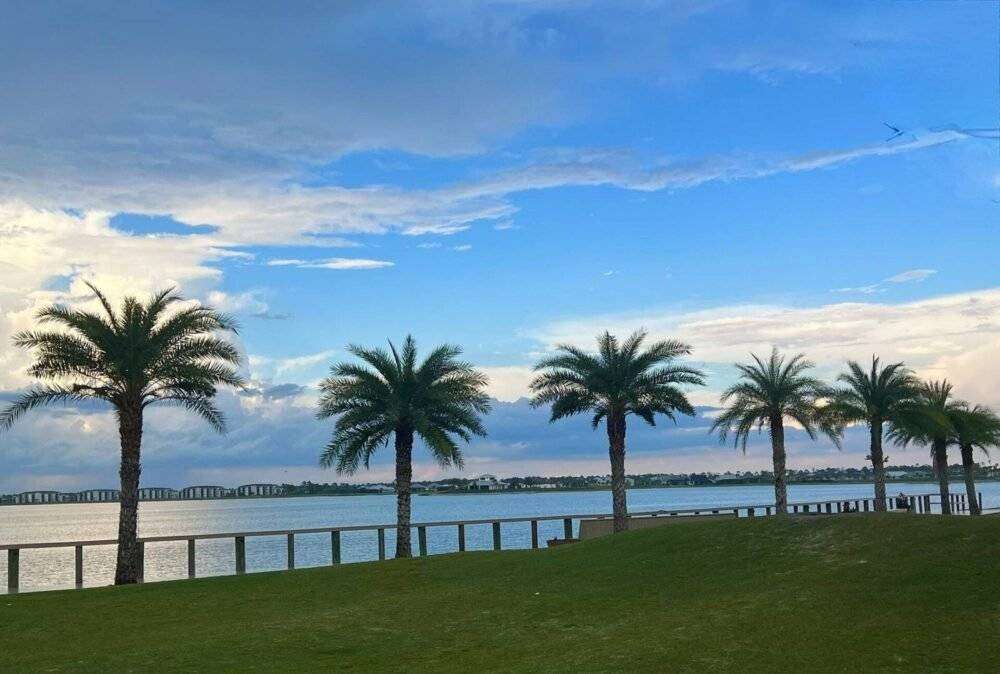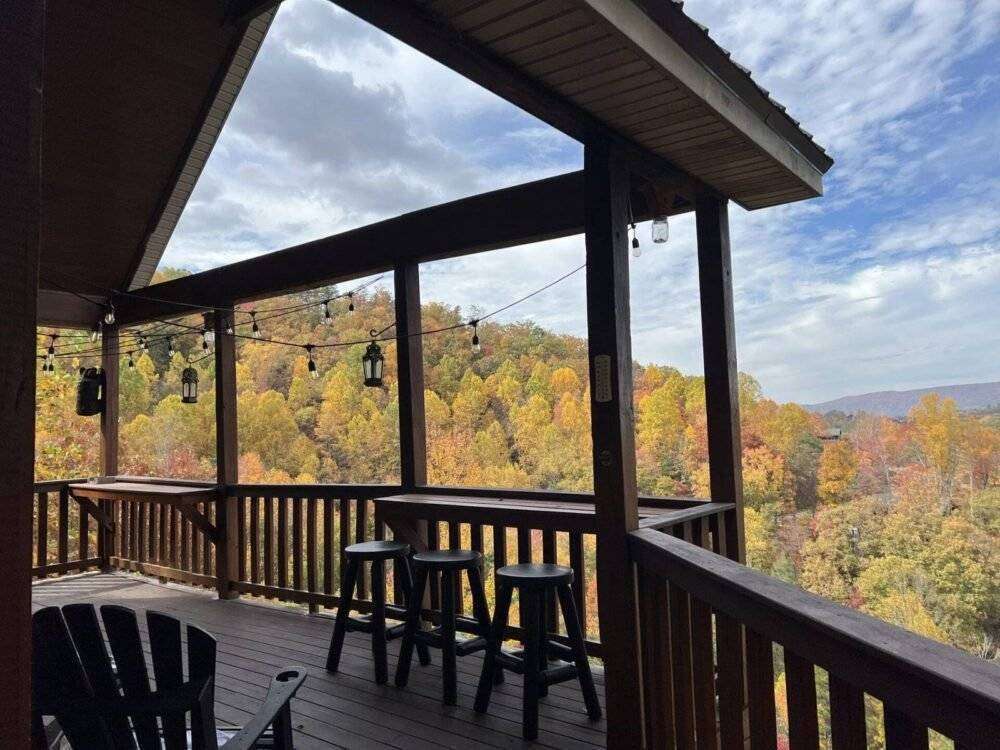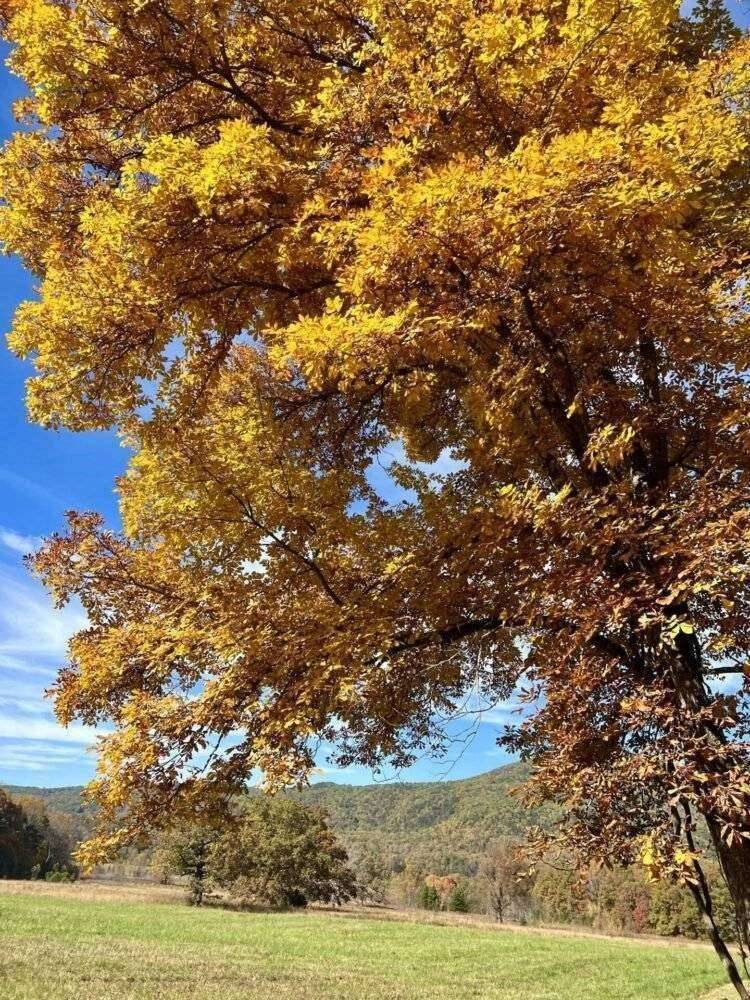You are three months sober. Six months. Maybe a year. Life is finally starting to make sense again. You are sleeping through the night, showing up for yourself, rebuilding relationships you thought were permanently broken. Then someone mentions a destination wedding in Mexico. Your family plans a reunion in Vegas. Work sends you to a conference in New Orleans.
Suddenly, that pit forms in your stomach. It whispers all the ways this could go wrong.
Traveling in early recovery feels like walking a tightrope without a net. Everything that made trips manageable before—airport drinks to calm flight anxiety, wine at dinner to ease social awkwardness, the nightcap that helped you sleep in an unfamiliar bed—those crutches are gone. You are facing the world raw, and the world seems built to make sobriety difficult.
But here is what nobody tells you when you are white-knuckling through your first sober month: travel can actually strengthen your recovery rather than threaten it. It just requires a different approach.
Table of Contents
The Fear is Real (and Valid)
Let’s not pretend your concerns are exaggerated. Airports are lined with bars. Hotels stock minibars. Beach resorts center their image on cocktails and frozen drinks. “All-inclusive” usually means endless alcohol. Cruise ships pour liquor twenty-four hours a day. Even business conferences expect participants to drink at networking events.
Then there is the social pressure. Travel often means time around people who do not know you are sober, or who knew the old you and expect certain habits. Family trips can be especially triggering, since nothing drives people toward old coping mechanisms faster than being trapped in a rental house with relatives who still treat you like a teenager.
The disruption to your normal structure only adds to the challenge. At home, you have a rhythm that supports sobriety: morning meetings, therapy, workouts, dinner with your sober friend on Thursdays. Travel shatters that routine. Different time zones, irregular schedules, strange rooms—your nervous system goes on high alert, and old coping strategies start to whisper again.
For people in early recovery, these are not small worries. They are real risks that deserve attention.
Planning Makes Everything Possible
The difference between a trip that supports your sobriety and one that threatens it often comes down to preparation. Practical planning is part of it, but emotional readiness matters just as much.
Start by being honest about where you are. If you are thirty days sober and someone invites you to Oktoberfest, this may not be the moment to test yourself. There is no shame in saying no. Your sobriety is more important than any wedding, vacation, or job event. The trips will still exist when you are ready for them.
If you have solid time under your belt, a strong support system, and a real desire to travel, it is absolutely possible. You just need to set yourself up for success.
Research your destination from a recovery perspective. Where are the AA or NA meetings? Are there sober activities such as hiking, museums, or morning yoga? What does the food scene look like? Having great restaurants to anticipate gives you something besides bars to focus on. Are there recovery communities or treatment centers nearby in case you need extra support?
Some travelers benefit from hiring a sober companion for high-risk trips or early recovery travel. Programs like Seasons in Malibu offer this service: a recovery coach who travels with you, providing accountability and someone to call at two in the morning if temptation creeps in. It is an investment, but relapse costs far more.
Choose Your Destinations Wisely
Not all travel carries the same level of risk. A wellness retreat in Costa Rica presents different challenges than a bachelor party in Atlantic City. A backpacking trip through national parks poses different temptations than an all-inclusive resort in Cancun.
In early recovery, favor destinations that do not revolve around drinking culture. Outdoor adventures are ideal. It is hard to get drunk while hiking through Patagonia or road-tripping across Utah’s red deserts. Cultural destinations work well too, offering museums, art, and history to fill your time. Cities with vibrant food scenes provide an outlet for indulgence that does not involve alcohol.
Avoid locations where drinking is the main attraction. Spring break beaches, party towns, and cruises designed around bars are unnecessary tests. The world is full of places worth visiting that do not demand intoxication as the price of entry.
Consider recovery-oriented travel options. Sober retreats, wellness resorts, and spiritual journeys have become major industries. You can practice yoga in Bali, meditate in Thailand, or volunteer in Central America, all while surrounded by people who understand your journey.
Build Your Safety Net
Never travel without some kind of recovery network. Even if you feel stable, unexpected stress can surface at any time.
Before you leave, find local recovery meetings and note the times and locations. Join online support groups for travelers in recovery. Download meeting-finder apps. Plan ahead so help is easy to reach.
Stay connected with your home base. Schedule calls with your sponsor or therapist. Text your sober friends. Join your regular meeting virtually if possible. Technology keeps you linked to your community, even thousands of miles away.
Whenever possible, travel with someone who supports your sobriety. You need companionship from people who understand your goals, not those who enable old habits. If you travel solo, be mindful and deliberate about your structure.
Have an exit plan. Know how you would leave a risky situation or even return home early if you had to. Keep money available for an emergency flight and make sure your phone stays charged. This is not pessimism; it is smart preparation.
Reframe What Travel Means
Here is the biggest mindset shift: sober travel requires redefining what makes a journey meaningful. It is no longer about cutting loose, escaping, or numbing out. It is about experiencing places and people fully.
Many people in early recovery realize they have never truly traveled sober. Every past trip involved alcohol or drugs. They cannot remember what it feels like to watch a sunset without a drink or explore a city without chasing a buzz.
Your first sober trips may feel strange. Social situations might seem awkward; nights may feel long. But eventually something changes. You start noticing details you used to miss. Conversations feel real. You wake up clear-headed and actually remember what you saw and who you met.
Food takes on new importance. Instead of bar-hopping, you explore cafés, try local dishes, and take cooking classes. You eat deliberately and actually taste what is on your plate.
Activities gain a new sense of purpose. Hiking at dawn, visiting museums, attending concerts—you engage in ways you never could before. The trip becomes a deeper experience rather than a distraction from life.
Handle the Awkward Moments
People will offer you drinks. That is guaranteed. Have your answer ready. Keep it short and light: “I don’t drink” or “No, thank you.” You owe no one an explanation.
Some will react awkwardly or even challenge your choice. Their response is about them, not you. Let their discomfort belong to them.
Seek out other sober travelers. They exist everywhere—the person sipping coffee at a hotel bar, the couple ordering mocktails, the guest who gets up early to jog before sunrise. Your people are out there; you only need to recognize them.
Create new rituals. Meditate each morning. Take evening walks. Journal about your day. These practices replace old habits and give structure to times that once invited drinking.
The Unexpected Benefits
Most people are surprised by how much better sober travel can be.
You save money. Alcohol quickly inflates any travel budget. Without it, you can afford better lodging, richer experiences, or longer stays.
You make genuine connections. You remember the local guide’s stories and the names of people you meet. Conversations are real rather than fleeting.
You stay safer. Sobriety removes many of the risks that come from impaired judgment. You no longer wake up disoriented or missing essential items.
Most importantly, you are present. The real purpose of travel—discovering something new about the world and yourself—only happens when you are fully there.
Trust the Process
Your first sober trip may feel tense or uncomfortable. You might even long for your structured routine back home. That is perfectly normal. You are building new neural pathways and new associations with travel.
Every trip afterward becomes easier. You learn what works for you, what to avoid, and how to keep your footing. Each success proves that your recovery is portable.
Eventually, you may travel specifically to nurture your sobriety—returning to a treatment center that helped you, attending recovery conventions, volunteering abroad, or connecting with international recovery networks. Travel becomes part of your healing process rather than a test of it.
The world is still wide open to you. You just get to experience it differently now: awake, aware, and genuinely present for every moment. That is not a limitation. That is freedom.
Book Your Trip : Check Out My Resources for Your Travel Needs
Use Skyscanner to find a cheap flight. This is my very first stop when I’m looking for my next trip. It’s a fast, easy-to-use search engine that is perfect for finding an affordable flight, a perfect hotel, and the right rental car for you in locations around the globe.
Book Your Accommodation
If you are looking for a super budget friendly location and are open to a hostel stay, make sure you book your hostel with Hostelworld. It offers the broadest range of quality hostels around the world.
If you’d prefer a hotel or a guesthouse for stays less than 28 days, drop on over to Booking.com It’s perfect for providing excellent options, a ton of user reviews, and prices to fit every budget.
For stays over 28 days, AirBnB still remains my #1 choice. User reviews and monthly pricing allow for some incredible deals all around the world.
Don’t Forget Travel Insurance
Travel insurance is but a small up-front investment that you won’t want to leave home without. After just one experience of having to delay or cancel your trip or having your luggage stolen, you’ll wish you would have made that investment. I’ve hated my life a few times when the moment arose, and I decided to skip out. Let’s just say, I’ve changed my ways and recommend each of the following companies to protect your ass-ets.
My favorite companies are:
- SafetyWing (best for All Travelers)
- World Nomads (best of Adventure Travelers)
- MedJet (great for additional evacuation coverage)
Want to Travel for Free?
Travel credit cards allow you to earn points that can be redeemed for free flights and accommodation — all without any extra spending. Check out my guide to getting free flights to get started.
Ready to Book Your Trip?
Check out my Resource Page for the best companies to help you book your travel at reduced rates! This list will help you get to where you’re going. I know-I use them ALL the time!





